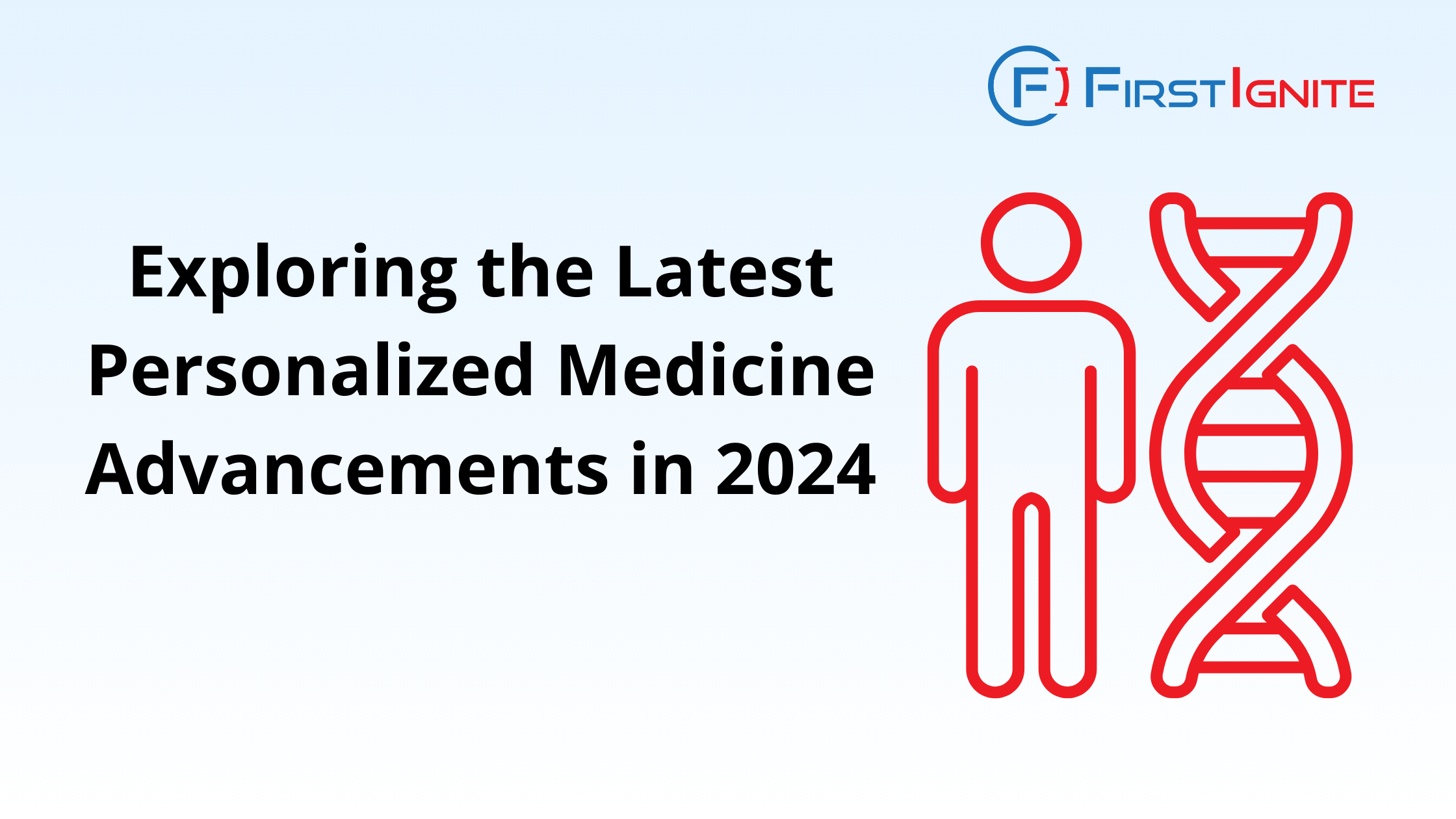
Introduction to Personalized MedicinePersonalized medicine is a transformative approach to healthcare that replaces the “one-size-fits-all” model with customized treatment plans based on an individual’s genetic, environmental, and lifestyle factors. Advancements in genomics, data analytics, and artificial intelligence (AI) have driven this shift, enabling more accurate diagnoses, prognoses, and targeted interventions by providing a deeper understanding of disease mechanisms. Role of Artificial Intelligence (AI) in Personalized MedicineArtificial Intelligence (AI) is a powerful tool in personalized medicine, capable of analyzing vast amounts of data, including genomic information, electronic health records, and real-world patient data, to identify patterns and inform treatment decisions. AI-powered predictive models can assess disease risk based on genetic profiles, lifestyle factors, and medical history, enabling proactive prevention and early intervention strategies. Additionally, AI optimizes clinical trial design for personalized therapies, streamlining drug development and accelerating the availability of new treatments. Recent Advancements in Personalized Medicine TechnologyThe field of personalized medicine has advanced significantly in recent years, particularly in genomic sequencing, biomarker identification, and targeted drug development. The cost of whole-genome sequencing has decreased, making it more accessible for clinical use and enabling a comprehensive understanding of individual genetic profiles. Researchers have identified specific biomarkers that predict disease risk, guide treatment selection, and monitor therapy effectiveness. Pharmaceutical companies are developing personalized therapies targeting unique molecular characteristics of diseases, leading to innovative treatments with improved efficacy and fewer side effects. Additionally, integrated data platforms combining electronic health records, genomic databases, and real-world evidence support clinical decision-making and the development of personalized interventions. University Advancements in Precision Medicine for 2024In 2024, leading universities are advancing personalized medicine through innovative programs. The University of California, San Francisco (UCSF) Cancer Immunotherapy Clinic offers advanced treatments like cancer vaccines and cellular therapies, leveraging a collaborative network of experts to improve cancer care. Meanwhile, the University of Pittsburgh is enhancing precision healthcare with its pharmacogenetics programs, which include biobanking and a pharmacogenetic database linked to clinical outcomes, alongside a model to support pharmacists in implementing personalized drug therapies. The Impact of Personalized Medicine on Patient CareAdvancements in personalized medicine promise to significantly enhance patient care by moving beyond the “one-size-fits-all” approach. It improves diagnostic accuracy with early disease detection, enhances treatment effectiveness through targeted therapies, empowers patients with better health insights, and has the potential to reduce healthcare costs by minimizing adverse reactions and optimizing resource use. Conclusion: The Future of Personalized Medicine in 2024 and BeyondIn 2024, the future of personalized medicine is both exciting and promising. Advancements in genomics, data analytics, and AI are accelerating the development and implementation of personalized healthcare solutions, transforming disease prevention, diagnosis, and treatment. These innovations are set to significantly enhance patient outcomes and reshape the healthcare landscape.




